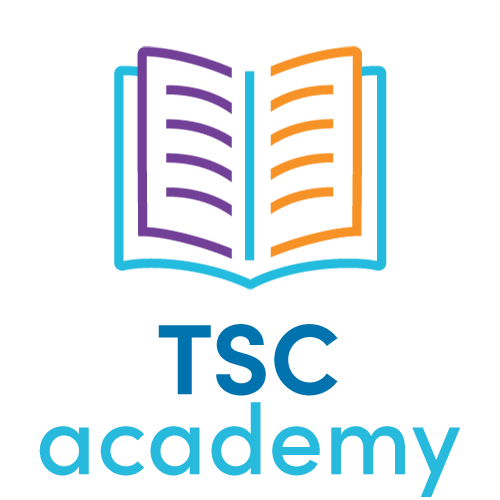TSC affects multiple organs throughout the lifetime. Both the TSC1 and TSC2 genes hold the instructions for creating proteins called hamartin and tuberin, respectively.
These proteins form a complex (essentially a protein sandwich) that works in a delicate biochemical pathway. This pathway is called the mTOR pathway, where mTOR stands for “mechanistic target of rapamycin.” The pathway carefully regulates cell growth in almost every cell type in the body. The TSC1 and TSC2 proteins, when functioning together properly, regulate a key step in this pathway and suppress tumor growth.
When either the TSC1 or TSC2 gene mutates, cell growth cannot be adequately controlled, which leads to TSC. Hamartin, tuberin, and mTOR are expressed in many different cells throughout the body, which explains why so many organs can be affected by TSC. However, researchers are still working diligently to figure out why TSC manifests so differently between different people.
Tuberous sclerosis complex is a genetic disease that can be inherited from one parent with TSC or can result from a spontaneous genetic mutation. Children have a 50 percent chance of inheriting TSC if one of their parents has this condition. Researchers estimate that only one-third of TSC cases are known to be inherited. The other two-thirds result from a spontaneous and unpredictable mutation occurring during conception or very early development of the human embryo.
Despite advancing knowledge about TSC variants, it is not possible to predict the severity of symptoms in a person with a new diagnosis of TSC. A person can have TSC and have very few or mild symptoms, while a family member with TSC can have more severe or extensive symptoms. It is thought, however, that most people who have a TSC pathogenic variant will have some signs or symptoms if examined carefully by a physician familiar with the diagnosis of TSC. The distinction between sporadic TSC and familial (or inherited) TSC is important, as it affects the risk that other persons in the family are affected. Therefore, immediate family members of a person newly diagnosed with TSC should be thoroughly examined.







